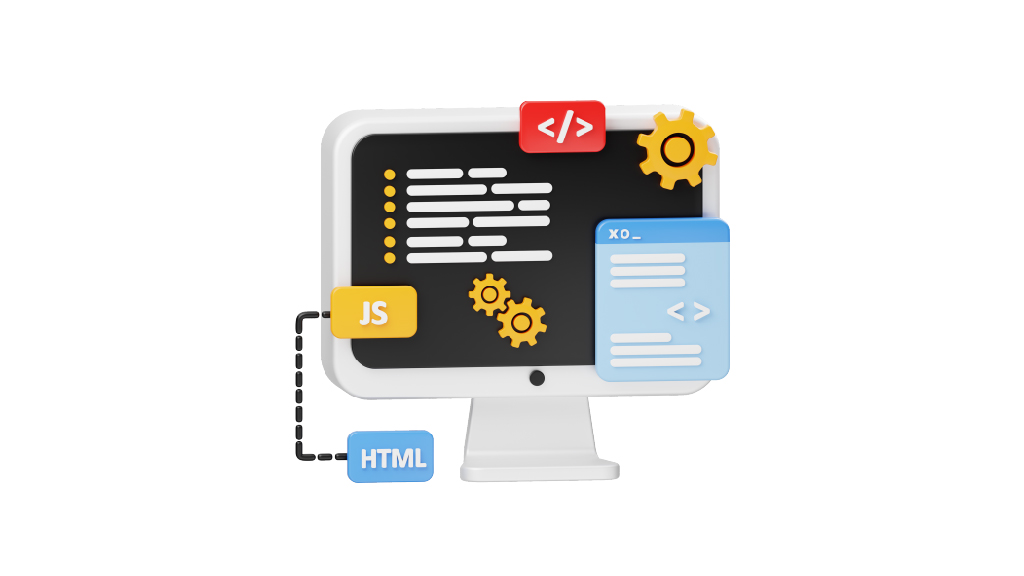Page builders have made it much easier to build websites. You don’t need to be a developer or know how to code anymore. With the right tools, anyone can create a professional website. But not all page builders work the same way.
Two of the most popular ones for WordPress are Elementor and WPBakery. Both are used by millions of people. They offer drag-and-drop features, and both can help you build a decent website. Still, there are some big differences between them.

Over the years, Elementor has become a top choice for many because it’s easier to use, more flexible, and built with better speed and design tools in mind. If you’re trying to decide which one to go with, this comparison will help explain why Elementor is the best in 2025.
So, let’s begin the discussion.
User Interface
Let’s start with the user interface of Elemantor and WPBakery. This is the first thing that you see when you use them. So the differences are:
Elementor
Elementor has a clean and modern design that’s simple to understand. You can see everything live as you’re building your page. If you make a change, it updates right away on the screen. This saves a lot of time and makes the process smooth and easy.
There’s a panel on the left where you’ll find all the widgets and tools. You just drag what you need onto the page and customize it. If it’s text, images, buttons, or spacing, everything is right in front of you.
Elementor is made to feel natural, even if you’re not a designer. That’s why so many people, from beginners to web design pros, love using it.

WPBakery
WPBakery also has drag-and-drop features, but its interface feels more outdated. It’s not as visual or smooth as Elementor. If you’re new to it, you might find it confusing at first.
Some actions need extra clicks or switching between views. You don’t always see changes instantly, which slows things down. It takes more time to get the look you want, and customizing the layout can feel more limited.
Community and Support
You can’t ignore the community and support while building a website using Elementor or WPBakery. You need proper support while using them. So, here comes another difference which you mush know.
Elementor
With over 5 million active users in 2025, Elementor has built a huge community. You’ll find tutorials, videos, blog posts, and active groups where users share tips and help each other.
There’s also a strong support system behind it. If you’re a Pro user, you get direct support. Even if you’re using the free version, the help docs and tutorials cover just about everything.
If you’re stuck or want to try something new, chances are someone else has done it before and shared how they did it.
WPBakery
WPBakery still has a solid user base, with around 2 million active installs. But the community is smaller, and there’s less free content available online.
Their support team is responsive, but users sometimes report slower replies or less detailed help. The documentation is okay, but it’s not as beginner-friendly.
If you like having a lot of learning material and quick answers available, Elementor has the advantage.

Features and Functionality
You can build a website using Elementor and WPBakery without knowing their features and functionality. With proper features you can build the best website. So, this is another difference.
Visual Editing
Both Elementor and WPBakery let you build pages using visual editing. But Elementor makes this feel faster and easier. You drag an item onto the page, adjust it, and instantly see what it looks like. It’s smooth and feels natural.
WPBakery also has a front-end editor, but it’s not as fast or clear. Sometimes it takes a moment to update, or you need to save and refresh. This adds time and can break your flow.
Mobile-Friendly Controls
Today, most people browse websites on their phones. That’s why it’s important for your site to look good on every screen.
Elementor gives you full control over how your site looks on desktop, tablet, and mobile. You can tweak sizes, spacing, fonts, and even choose what to show or hide on different devices.
WPBakery offers responsive design too, but with fewer settings. You don’t get the same level of control. If mobile design matters to you (and it should), Elementor makes it easier to get things just right.
Theme Building
Elementor doesn’t just help you build pages. It lets you build your entire site. With the Theme Builder, you can create custom headers, footers, blog layouts, product pages, and more. And it’s all visual. No coding needed.
You can even choose where each design shows up. Want a different header for your blog than your homepage? No problem.

WPBakery doesn’t offer this kind of theme editing out of the box. You’d need extra plugins or custom code to do the same thing. For full site design without hassle, Elementor is the better choice.
Performance and Speed
Speed matters. People expect websites to load quickly. And search engines like Google take page speed into account when ranking websites.
Elementor
Elementor has made a lot of improvements in speed and performance. It loads only what’s needed for each page, which helps keep things fast. This is especially useful for larger websites.
In 2025, Elementor also includes features that reduce extra code and improve load times. This means faster websites with fewer delays and better experiences for visitors.
Of course, using caching plugins or CDNs can help even more, but Elementor already gives you a strong base.
WPBakery
WPBakery can also perform well, but its code is heavier by default. It tends to load more scripts, even if you’re not using all the features. This can slow down your site unless you manually optimize it or use extra tools.
If you’re not a developer or just want things to run smoothly out of the box, Elementor is the simpler and faster option.
What About Pricing
When picking between Elementor and WPBakery, it helps to look at what each one costs and what you actually get for your money.
Elementor has a free version that already gives you plenty to work with. You can build full pages, use lots of widgets, and create a great-looking website without spending anything.
If you want more advanced features like the Theme Builder, custom forms, and more design tools, you can upgrade to Elementor Pro.
They have a few different pricing options depending on how many websites you’re building, so it’s pretty flexible. You’re not locked into paying more than you need to.

WPBakery doesn’t offer a free version at all. You’ll need to buy a license right away. It’s a one-time payment for each site, which can sound like a good deal, but it also comes with fewer built-in features.
If you want extra tools or flexibility, you’ll probably need to add other plugins later, and that can bring in more costs.
How Well They Work with Other Tools
Most websites use more than just a page builder. You might want to add an online store, contact forms, email signups, or SEO tools. That’s why it’s important that your page builder works well with other popular plugins.
Elementor works smoothly with just about everything. It’s compatible with tools like Yoast SEO, Rank Math, WooCommerce, Mailchimp, and many others.
Most plugin developers test their stuff with Elementor because so many people use it. That means fewer problems, less fixing, and more time to build your site the way you want it.

WPBakery works with a lot of plugins too, but not always as smoothly. Since it hasn’t changed much over the years, some newer plugins don’t fully support it right out of the box. You might run into small issues that take time to figure out or fix.
If you want everything on your site to work together without extra trouble, Elementor gives you a better experience overall.
Final Thoughts: Elementor in 2025
After looking at the design tools, features, support, and performance, it is clear why Elementor is the top choice for so many users in 2025.
WPBakery still works, and some people continue to use it. But it feels older and less flexible. You may run into limits or need extra tools to get the same results you can get with Elementor right away.
If you’re starting a new website, or looking to upgrade an older one, Elementor is a great choice. It saves time, gives you creative freedom, and helps you build a site that works well on every screen.Still confused? Contact The Ant Firm, LTD to build your website.




